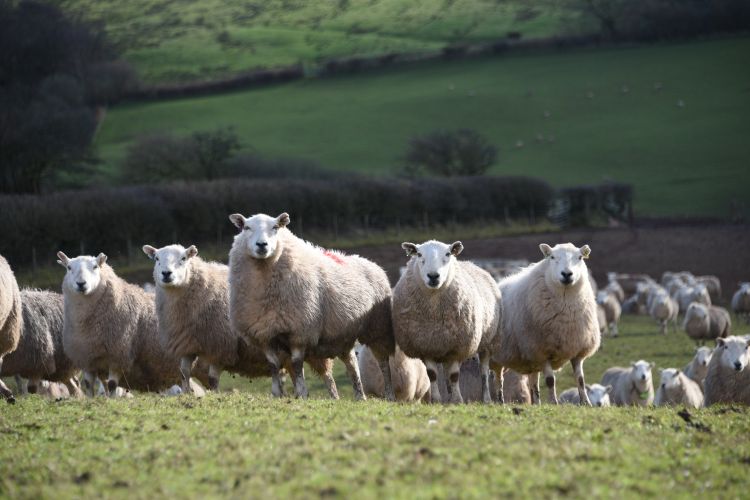
New research has highlighted that targeted use of parasitic worm treatment for roundworm in ewes is more effective than blanket treatment.
Roundworms are regarded as one of the major global threats to sheep productivity and welfare, as well as contributing to big economic losses.
They are mainly controlled by drug treatments, but anthelmintic resistance is becoming an increasing problem in the sector.
New research by Aberystwyth University has studied British farmers’ current approach to gastrointestinal nematodes, also known as roundworm, in ewes.
It surveyed 383 sheep farmers across Britain to ascertain current methods used to control infections, specifically in ewes.
Studies were then conducted evaluating the effect of utilising targeted selected treatments (TST), compared with blanket treatments, specifically at pre-tupping and lambing time.
Dr Eiry Williams, who undertook the PhD research, said: “Blanket treatment of all ewes can be avoided on sheep farms through the application of a TST strategy.
"[This is] based on many different characteristics or a combination of characteristics, such as BCS, weight, dag score, age, breed with the possibility of behaviours being used in the future.
“Application of TST will lead to a reduction in anthelmintic use, likely leading to a decrease in rate of anthelmintic resistance development, along with maintaining productivity and enhancing economic outputs in the long term.”
Dr Heather McCalman, research executive at Hybu Cig Cymru – Meat Promotion Wales (HCC), welcomed the findings.
“This will aid animal health and help farmers develop new management and decision-making practices which offer long-term financial, environmental and animal welfare benefits.
“As we strive for increased sustainability in the sheep sector, strategic anthelmintic use plays a crucial role in ensuring longevity in their efficacy.
"This work gives a better understanding, through robust science, of when, where and how to use management tools - which will be of benefit to individual farmers and the industry as a whole.”
